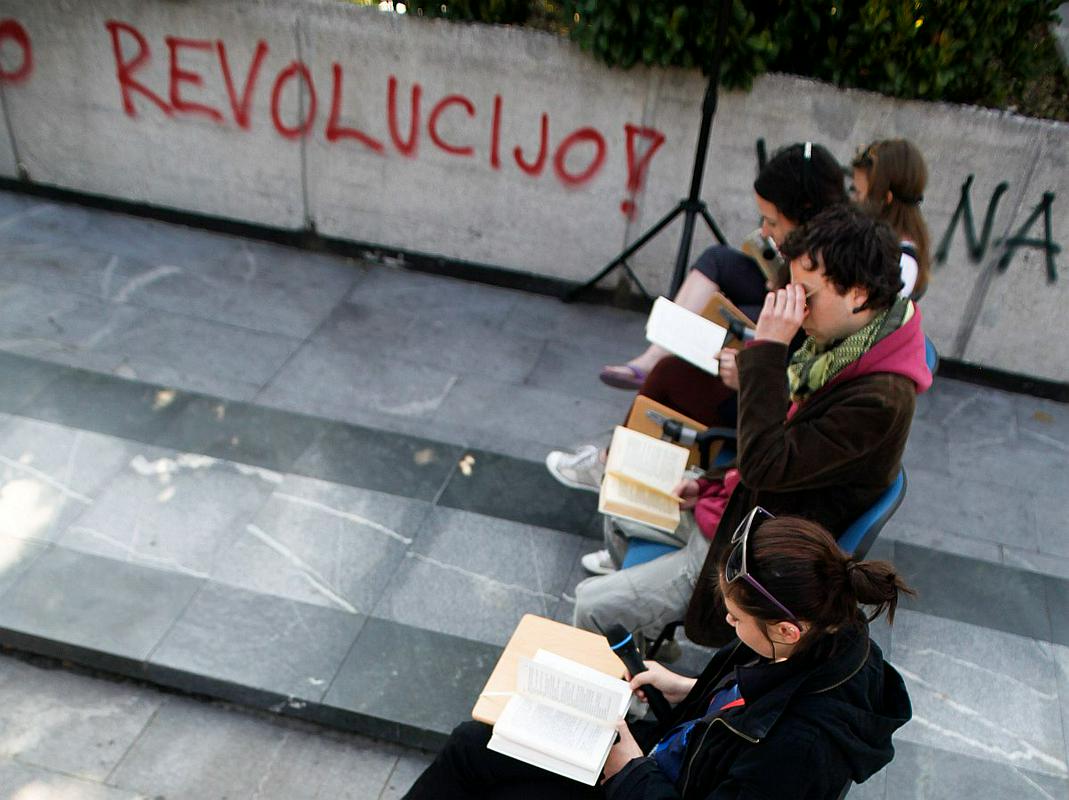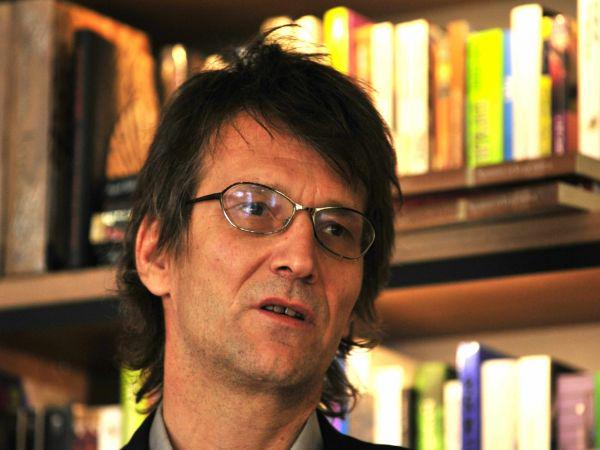
"On one side I understand the government's decision, as the flexibility that many work forms offer have long surpassed the logic of common sense. The state lacks money and it's normal for it to start try find it, although 10 years too late. It's problematic though that it hasn't considered that the changes might lead to a state of social distress. The young today already work in almost slave-like conditions and this will even deepen their social worries."


"If the work they do includes elements of an employment relationship, they're being exploited. They shouldn't be working under part-time contracts – that's why they find it difficult to pay all the contributions. The work they do through part-time contracts isn't valued the same as decent work is. This is why we have to intensify the work of our labour inspection."
Due to the change in legislation, the question whether it will "pay-off" to be a part-time worker is contradictory, as is the demand for permanent part-time workers on the market. However wondering whether it will "pay off or not", is not really a question. "If you won't take it, someone else will," is the warning sentence which keeps many precarious workers at their work places, even though they deserve a better status in regards to the extent of work they do and their employment relationship.
One of those is Andrej. He's 30 years old and one of the 6.356 part-time workers whose only income last year came from part-time contracts. He admits that until now this form of work was somewhat favorable to him. Although he has no paid food expenses, travel expenses or the right to sick leave, every spring due to an overpaid prepayment of income taxes, because of his low income, he did get his money back.
"After January 1st, that is February 1st 2014, everything will drastically change due to the new taxation. If I now get 775 euros net pay out of 1000 euros gross pay, after new year I'll be able to get only 550 euros net. Besides that I'll also have to pay 22 euros for compulsory health insurance, which is complete idiocy, as I've already paid a contribution of 6,36% for health insurance.Apart from that I also calculated that I know have to work around 150 hours to earn 850 euros net. When everything changes I'll have to work 226 hours to earn the same amount, which of course will never happen, as I won't be anywhere close to getting that many hours from my employer."
"The young today work in slave-like conditions"
Luka, as he puts it himself, is lucky to also work in the family business. His part-time contract is his second source of income. "If I would only have to live off my part-time work fee, as I did before joining the family business, it would be total disaster. It would mean reaching the bottom. I really mean rock bottom and work for fees lower than some social contributions. On one side I understand the government's decision, as the flexibility that many work forms offer have long surpassed the logic of common sense. The state lacks money and it is normal for it to try find it, although 10 years too late. It's problematic though that it hasn't considered that the changes might lead to a state of social distress. The young today already work in almost slave-like conditions and this will even deepen their social worries."
Every work counts
We asked Anja Kopač Mrak, the Minister for Labour, Family, Social Affairs and Equal Rights, what the goal of the latest measure was. Contributions for pension and disability insurance will now have to be paid from the fees of author's contracts and other forms of part-time contracts.
"The first aspect is that every work counts. We want to ensure that those who are not insured and work under part-time contracts pay the contributions. With that we will also raise the price of part-time contracts and bring them closer to a regular employment relationship. It will be therefore less favourable for employers to have people working with part-time contracts. On the other hand we also have to point out, that according to figures from the DURS tax office, most of those working under part-time contracts are insured on another contractual basis. In that case those paying contributions are expressing solidarity with others. That also strengthens our pension purse, which we consider to be very important."
Intensified inspection controls
Minister Anja Kopač Mrak is aware of the problems that some young people are finding themselves in, trapped to work under part-time contracts, ""If the work they do includes elements of an employment relationship, they're being exploited. They shouldn't be working under part-time contracts – that's why they find it difficult to pay all the contributions. The work they do through part-time contracts isn't valued the same as decent work is. This is why we have to intensify the work of our labour inspection."
"On one side I understand the government's decision, as the flexibility that many work forms offer have long surpassed the logic of common sense. The state lacks money and it's normal for it to start try find it, although 10 years too late. It's problematic though that it hasn't considered that the changes might lead to a state of social distress. The young today already work in almost slave-like conditions and this will even deepen their social worries."
"If the work they do includes elements of an employment relationship, they're being exploited. They shouldn't be working under part-time contracts – that's why they find it difficult to pay all the contributions. The work they do through part-time contracts isn't valued the same as decent work is. This is why we have to intensify the work of our labour inspection."

































































